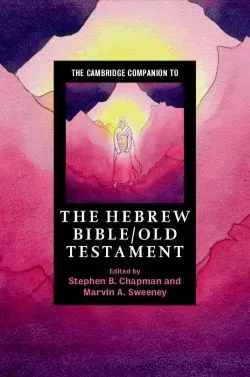
This is a great collection of essays on the Old Testament; all of the authors are scholars, and they do a nice job of balancing academic research with religious concerns.
The chapters are divided into five larger sections: (1) Text and Canon, (2) Historical Background, (3) Methods and Approaches, (4) Subcollections and Genres, and (5) Reception and Use. All of these sections had interesting, learned chapters, although I probably spent the most time on section 4. The chapters there divide Old Testament books into a number of different “buckets”: The Pentateuch, the Historical Books, short stories, apocalyptic writings, apocrypha, etc.
The section on reception was also particularly interesting–especially the chapter on the role of the Old Testament in Christianity. The author, R. W. L. Moberly, puts forth the argument that Christianity has an unsettled relationship to Hebrew texts. On one hand, Jesus claimed to “fulfill” Biblical law, but–thanks to Paul–the Christian tradition also significantly diverged from it.
The section on methods and methodology was illuminating. Although we tend to think of the “historical-critical approach,” there is no single one way at coming at the text. Narratology is important, as is sociological analysis, and many others.
Probably the single weakest section was on historical context. This is understandable, to some extent, as this text largely deals with the Hebrew Bible as text, not as objective record of the past. Still, it would have been nice if the chapters on the Ancient Near East were more fleshed out, in order to situate the other material a bit better.
Altogether, this is a good introduction to one of the most significant texts in human history. It’s probably designed for the upper-undergraduate level, but it’s also approachable enough to be accessible to most people with some rudimentary understanding of Judaism and Christianity.